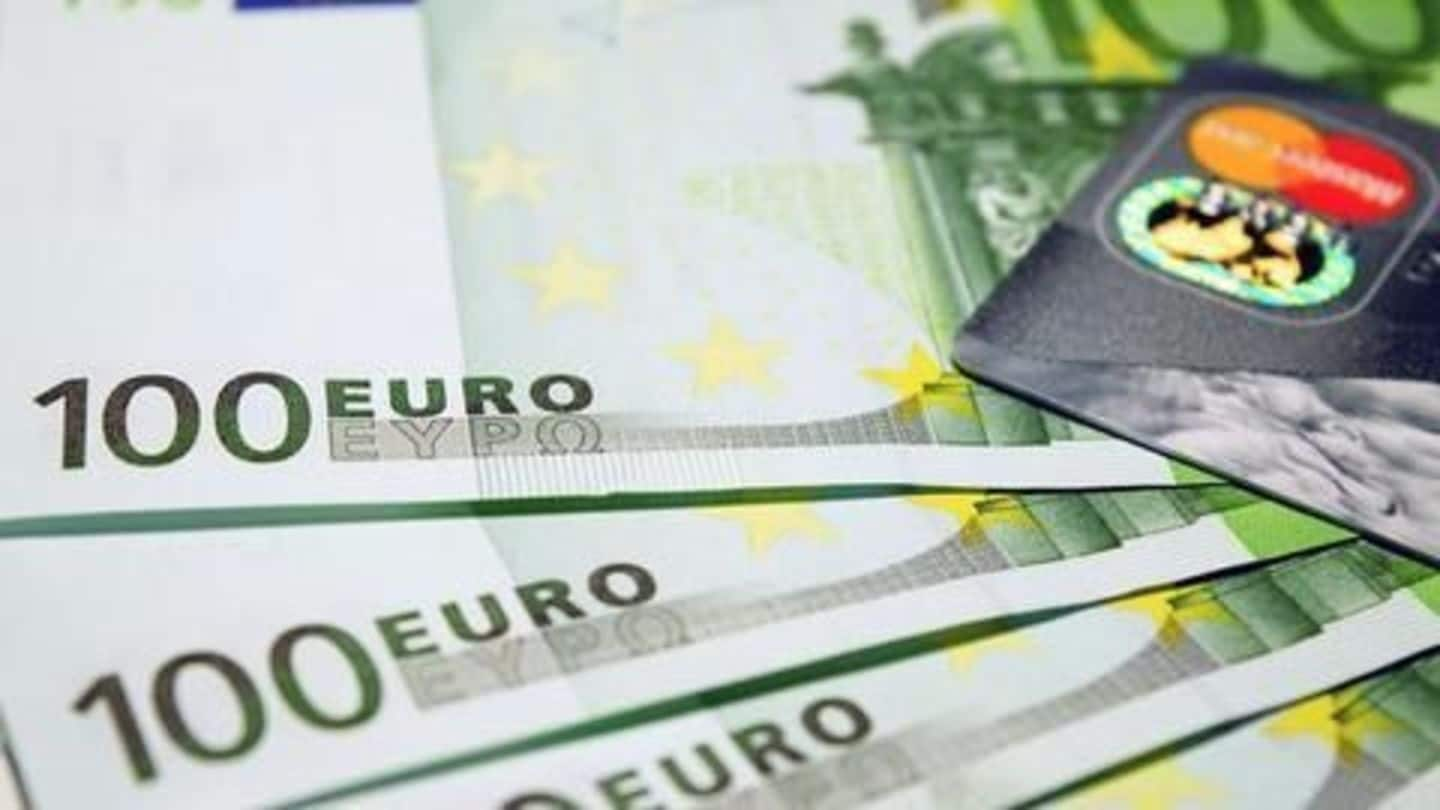
Greece, eurozone reach basic agreement to unlock bailout payments
What's the story
Eurozone finance ministers said they have reached an "in principle" agreement with Greece on the contents of a deal to release a delayed bailout payment. Greece is partially in the midst of its third eurozone bailout program, worth nearly 86bn euros. The eurozone lenders monitors compliance with policy conditions leading to delays in the bailout program. Negotiations for the deal will be completed soon.
Crisis
The Greek economic crisis
Years of recession has contracted the Greek economy by a quarter and increased unemployment. The country was staring at a mounting debt crisis when the anti-austerity coalition led by the leftist Syriza party came to power in 2015 with a promise of renegotiating the IMF-EU bailouts. Syriza argued that austerity has crippled the economy and affected Greece's ability to repay loans back to creditors.
12 Mar 2012
Bailouts amounting to 240 bn euro for Greece
To bail out Greece from the economic crisis, the Euro Zone finance ministers were expected to sign-off an aid of €130 billion. This was the second bailout package from IMF. With this, the total bailout would be worth €240 billion. In return for the EU/IMF bailouts, Greece agreed to make deep cuts in pension and pay, raise taxes and cut down jobs.
Aug-Sept 2015
Greece gets third bailout package
Faced with the difficult question of whether to stay in the Eurozone, the Greek Prime Minister signed the third bailout package worth €85 billion for 2015-2018. The bailout package ensured Greece's continuation in the Eurozone but required severe austerity measures. However, this decision caused a split in the ruling Syriza party after which the Greek Prime Minister, Alexis Tsipras called for snap polls.
Details
What does the "in principle" agreement include?
In the latest agreement, Greece has committed to reduce pensions spending from 2019 and increase income tax collection by 2020 by lowering the tax-free bracket. These two measures are expected to provide the Greek government with finances equivalent to 2% of the country's GDP. In return, Eurozone countries have agreed to let Greece undertake economic stimulus measures if finances perform better than expected.
What next?
Eurozone ministers to set targets for Greece to receive payments
With the agreement in place, technical experts monitoring the Greek economy will negotiate remaining details. Following this, the eurozone finance ministers will take a political decision on releasing the delayed bailout payment. Eurozone ministers will also look to setting targets which Greece can aim for after the last bailout payment is made (in 2018) to sustain itself.
Information
Further debt relief for Greece?
Eurozone leaders are also considering debt relief for Greece, beyond what's already provided. Previously, debt relief comprised of lowered interest rates and longer payment periods. The principal sum amount to be repaid wasn't reduced.
Reluctant IMF
Eurozone wants IMF to bail out Greece for credibility
The International Monetary Fund has argued in favour of Greece needing additional debt relief, making it reluctant to contribute money to the third bailout. The IMF did contribute in the first two bailouts. The eurozone, especially Germany, wants greater financial participation by the IMF, not to reduce its own contribution but for the credibility provided by the IMF stamp to the third bailout.